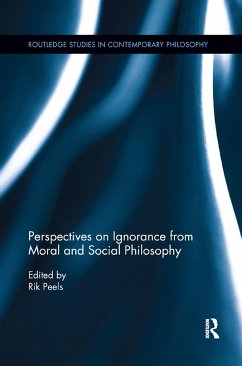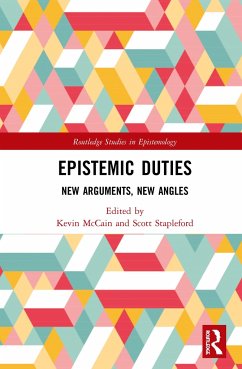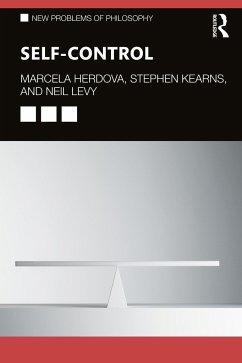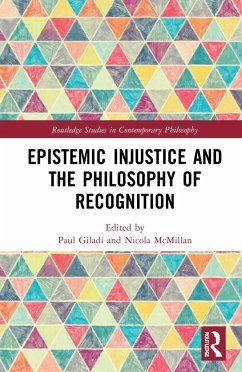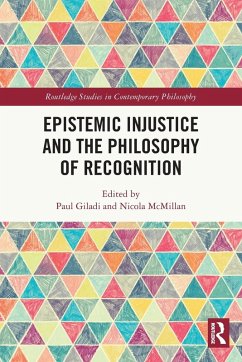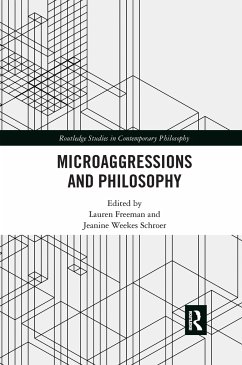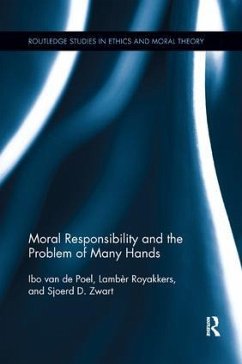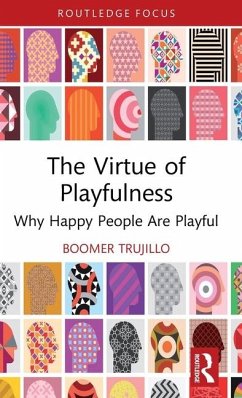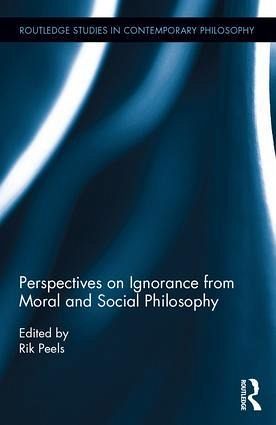
Perspectives on Ignorance from Moral and Social Philosophy

PAYBACK Punkte
83 °P sammeln!
This edited collection focuses on the moral and social dimensions of ignorance-an undertheorized category in analytic philosophy. Contributors address such issues as the relation between ignorance and deception, ignorance as a moral excuse, ignorance as a legal excuse, and the relation between ignorance and moral character. In the moral realm, ignorance is sometimes considered as an excuse; some specific kind of ignorance seems to be implied by a moral character; and ignorance is closely related to moral risk. Ignorance has certain social dimensions as well: it has been claimed to be the engin...
This edited collection focuses on the moral and social dimensions of ignorance-an undertheorized category in analytic philosophy. Contributors address such issues as the relation between ignorance and deception, ignorance as a moral excuse, ignorance as a legal excuse, and the relation between ignorance and moral character. In the moral realm, ignorance is sometimes considered as an excuse; some specific kind of ignorance seems to be implied by a moral character; and ignorance is closely related to moral risk. Ignorance has certain social dimensions as well: it has been claimed to be the engine of science; it seems to be entailed by privacy and secrecy; and it is widely thought to constitute a legal excuse in certain circumstances. Together, these contributions provide a sustained inquiry into the nature of ignorance and the pivotal role it plays in the moral and social domains.




